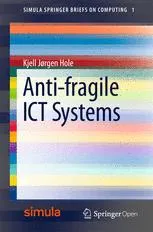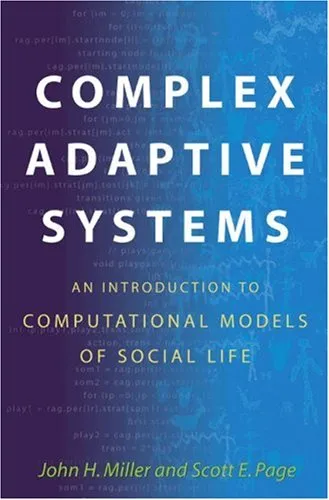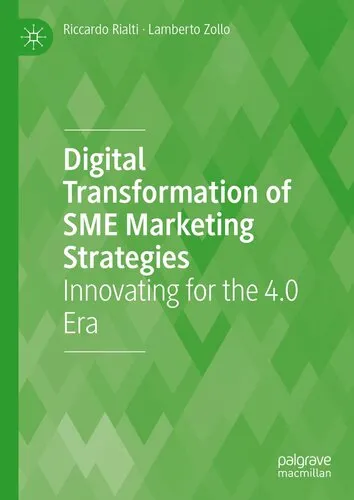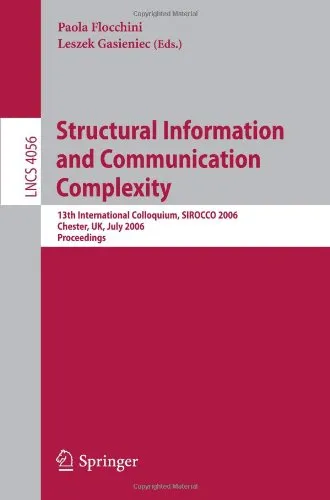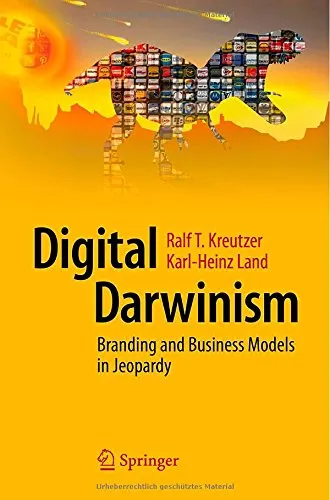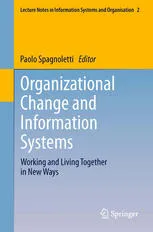Anti-fragile ICT Systems
4.0
Reviews from our users

You Can Ask your questions from this book's AI after Login
Each download or ask from book AI costs 2 points. To earn more free points, please visit the Points Guide Page and complete some valuable actions.Related Refrences:
Introduction to 'Anti-fragile ICT Systems'
In an increasingly volatile, uncertain, and complex world, ICT systems face growing threats from cyber attacks, technology disruptions, and unforeseen stressors. Yet, amid this adversity lies an opportunity: to build systems that not only survive such shocks but thrive because of them. Welcome to 'Anti-fragile ICT Systems', a ground-breaking book that explores how to design and implement information and communication technology (ICT) systems capable of benefiting from adversity.
Authored by Kjell Jørgen Hole, the book delves into the revolutionary concept of anti-fragility—a term originally introduced by Nassim Nicholas Taleb—and adapts it to the ICT field. Rather than merely aiming to prevent failure, this book provides insights and methodologies to create ICT systems that improve under stress. In today's world of persistent cyber risks and rapid technological advancements where downtime and inefficiency can prove devastating, the anti-fragile approach outlined in this book is both timely and essential.
'Anti-fragile ICT Systems' serves as a guide for CIOs, system architects, cybersecurity professionals, and anyone interested in crafting ICT solutions for the future. Through innovative thinking, real-world examples, and actionable frameworks, readers will uncover how to transform their systems from vulnerable liabilities to resilient assets.
Summary of the Book
The book introduces the concept of anti-fragility in the ICT domain and provides a step-by-step framework to achieve it. Starting with an analysis of the limitations of traditional approaches such as robustness and resilience, it explains why these approaches are becoming insufficient in modern technology landscapes. Anti-fragility, as the book explains, represents a paradigm shift: a way to design systems that gain from variability, randomness, and even chaos.
Each chapter builds on this foundation, offering theoretical insights, practical tools, and case studies illustrating how anti-fragile principles can be applied to specific ICT challenges, such as cybersecurity, fault tolerance, and adaptive system design. Key topics include:
- Understanding the spectrum of fragility to anti-fragility
- Identifying vulnerabilities within ICT architectures
- Incorporating redundancy and optionality into system design
- Leveraging intelligent feedback loops to enhance system performance
- Applying anti-fragile strategies to cope with cyber threats
Key Takeaways
The principles shared in 'Anti-fragile ICT Systems' are both thought-provoking and practical. Below are some key takeaways from the book:
- Traditional robustness is not enough; modern systems need to evolve under stress.
- Anti-fragility can be systematically designed into ICT systems by leveraging concepts like redundancy, decentralization, and adaptive learning.
- Risk is not inherently bad; with the right approach, it becomes an opportunity for improvement.
- ICT systems must embrace variability and uncertainty to remain relevant and operational in today's dynamic environments.
- Small failures or stressors can act as signals, helping systems improve over time.
Famous Quotes from the Book
Here are some memorable and impactful quotes from 'Anti-fragile ICT Systems':
"The paradox of anti-fragility is that systems designed for failure-resistant perfection often break spectacularly under unforeseen stress."
"Failure is not the enemy of ICT systems; stagnation is. Anti-fragility invites us to embrace failure as a stepping stone toward improvement."
"In the world of ICT, adaptation isn't a luxury—it's a survival skill."
Why This Book Matters
'Anti-fragile ICT Systems' matters because it addresses one of the most pressing issues of the digital age: how to create systems that not only endure but thrive in an era marked by constant flux and increasing cyber threats. Modern organizations rely heavily on ICT infrastructure, and the consequences of system failures—whether caused by targeted attacks, hardware failures, or software bugs—can range from minor disruptions to catastrophic losses.
This book challenges readers to think differently about risk, vulnerability, and resilience in ICT. It inspires professionals to adopt a forward-thinking, innovative mindset, equipping them with tools and strategies that transform challenges into opportunities for growth. Whether you are a business leader seeking to safeguard your organization's assets or a developer striving to create smarter, more adaptive systems, the insights in this book are indispensable.
In summary, 'Anti-fragile ICT Systems' is not just a book—it’s a call to action for a new era of technology thinking. Its lessons have the potential to reshape how we design the very foundations of a connected, digital society that can thrive in the face of adversity.
Free Direct Download
You Can Download this book after Login
Accessing books through legal platforms and public libraries not only supports the rights of authors and publishers but also contributes to the sustainability of reading culture. Before downloading, please take a moment to consider these options.
Find this book on other platforms:
WorldCat helps you find books in libraries worldwide.
See ratings, reviews, and discussions on Goodreads.
Find and buy rare or used books on AbeBooks.
1269
بازدید4.0
امتیاز0
نظر98%
رضایتReviews:
4.0
Based on 0 users review
Questions & Answers
Ask questions about this book or help others by answering
No questions yet. Be the first to ask!
